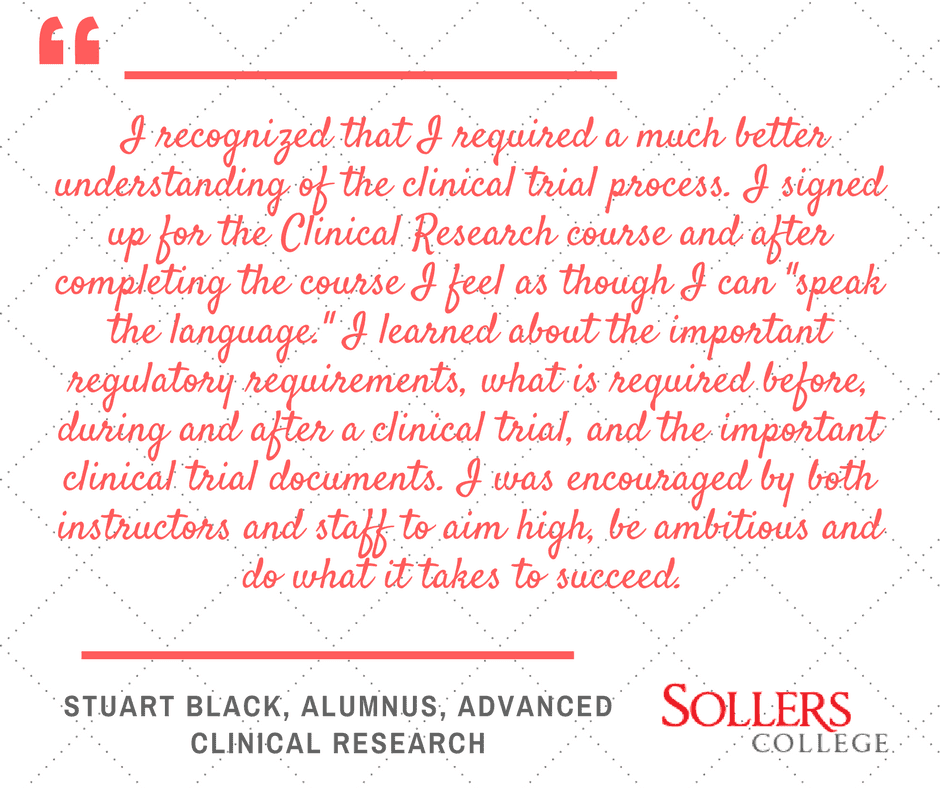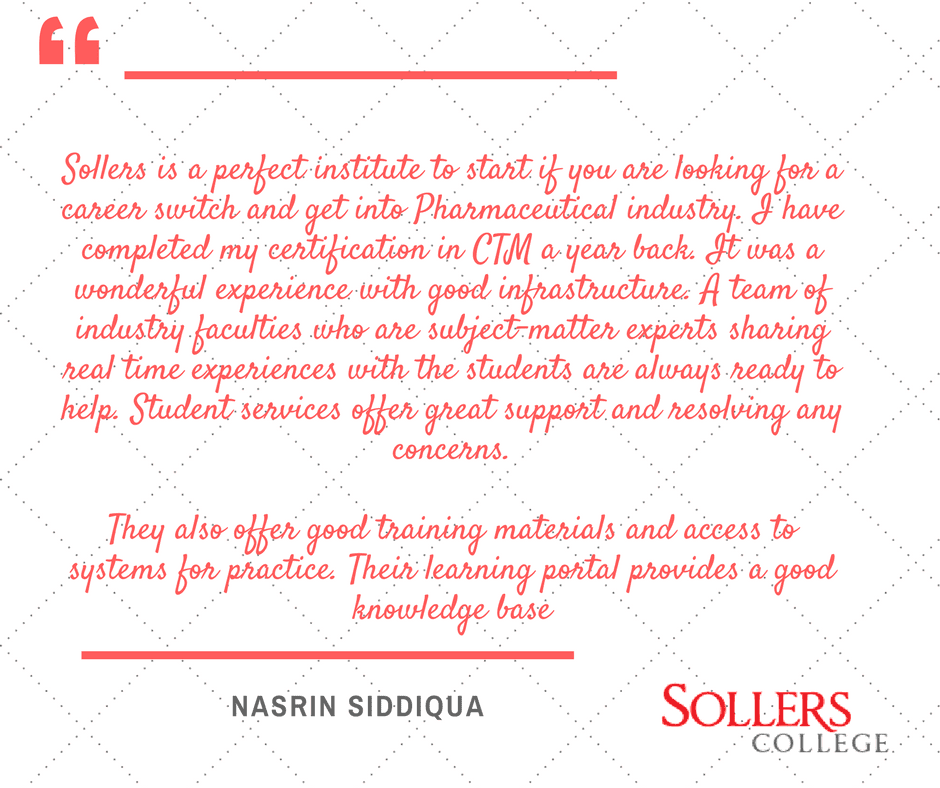If you’re looking for a job in clinical research field and just starting out, you’ve surely considered training. One google search on ‘training in clinical research’ yields many links of institutes offering clinical research training. Everyone wants your attention – from mom and pop training institutes to reputed universities to credible industry associations – and all are offering great options to pursue training in clinical research, which can serve as stepping stone to your desired role in clinical research.
What they may often not tell you is that one of the most essential ingredients in training for a career like clinical research is experience. A good training program can only take you so far. You need relevant experience to crack the interviews, get in a job, or change a career, or even step up from your current role. Especially in clinical research, where there are a zillion things you need to know pretty well, as it involves safety and efficacy of life-saving drugs.
Which is why, we share with you things you ought to know – before you decide on a training program – to help you get a job in clinical research (you’re welcome!).
1. You need to have a strong theoretical understanding
This is often assumed (and you’d think it’s basic), but may not be covered in many clinical research training programs in the market today. A good clinical research training program should ensure you are thoroughly knowledgeable about the entire drug development process – right from study set up to study close out – and learn about all functions and responsibilities in clinical research. The curriculum has to be comprehensive in that you get a good sense of not only what clinical research is and various functions, but also understand the big picture: the industry players, the role of various stakeholders and the overall clinical trials process. Our Graduate Certificate in Clinical Trial Management covers this entire spectrum of conceptual knowledge.
2. You need experience doing actual things you’re supposed to do
This is perhaps the biggest differentiator of our training programs, atleast one that’s often shared by our students. After all, a professional training is only as good as it gets you to where you want to be in your career.
Clinical research is one of the hottest jobs in the markets today, but you need experience to get in. And if you’re just starting out, how to do get experience? It’s a chicken and egg situation. Which is why a training program that integrates practical experience that allows you to gain experience by working on real case studies or projects and tools is extremely essential in clinical research.

You need to know about ICH-GCP guidelines, HIPAA regulations, IRB/IEC and FDA inspections. Equally important is hands-on experience of working on tools like CTMS, EDC and eTMF – which are used by pharmaceuticals.
Our unique, 20-week internship module allows you to gain such relevant experience through hands-on tools used by the industry today. For instance, you learn to use eTMF to upload/index documents, use naming conventions and electronically sign the documents before submissions.
We offer hands-on projects, case studies and unlimited use of such industry tools which are vital for you to learn and get experience to be able to enter the clinical research field.
3. You need access to industry experts
Mentor ship and networking are critical for seeking new careers in any field. Your experience in a training program in clinical research should allow you to network and learn from industry experts, who may become your mentors – especially if you’re just starting out. Who are the faculty of the program? Do they give you enough time outside the classroom to your satisfaction? What kind of pedigree they have and what do they offer?
 These are things you need to assess, and take advantage of. You’ll need mentors and experts at every stage – to learn during the training, to apply for various roles, to learn on the job and finally, to grow in your career. Which is why we’ve always believed in hiring expert industry practitioners for our programs who offer real, unique and valuable perspective and wisdom, and bring with them the right connections for our students to tap.
These are things you need to assess, and take advantage of. You’ll need mentors and experts at every stage – to learn during the training, to apply for various roles, to learn on the job and finally, to grow in your career. Which is why we’ve always believed in hiring expert industry practitioners for our programs who offer real, unique and valuable perspective and wisdom, and bring with them the right connections for our students to tap.
Want to learn more about our clinical research training programs? Join our upcoming information session on Jobs in Clinical Research or contact us at (848) 299-5900 or admissions@sollers.college



